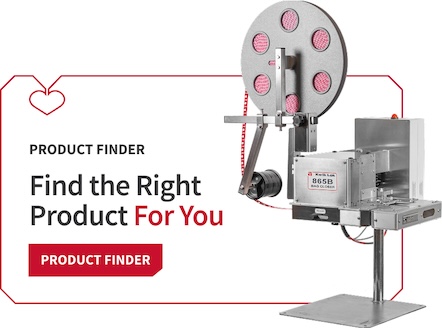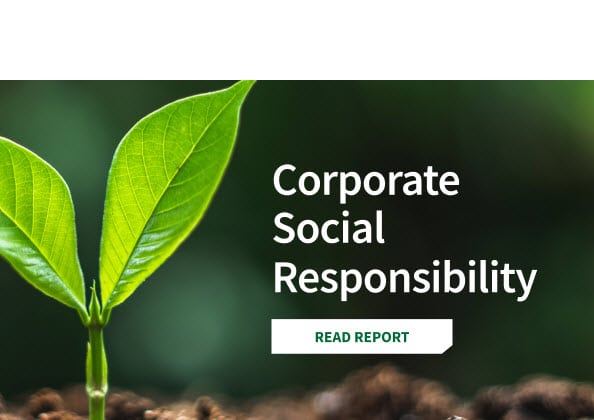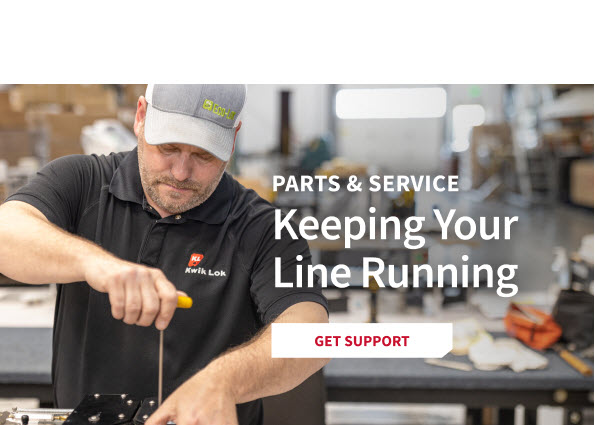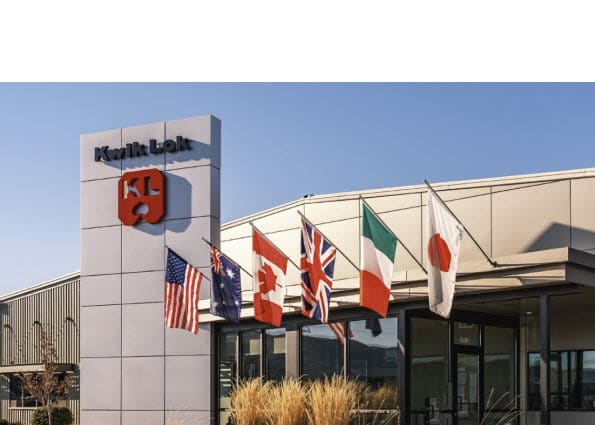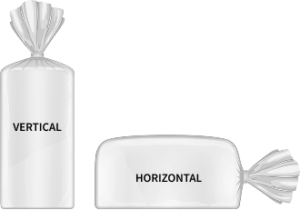Published May 19, 2025
By Baking Business
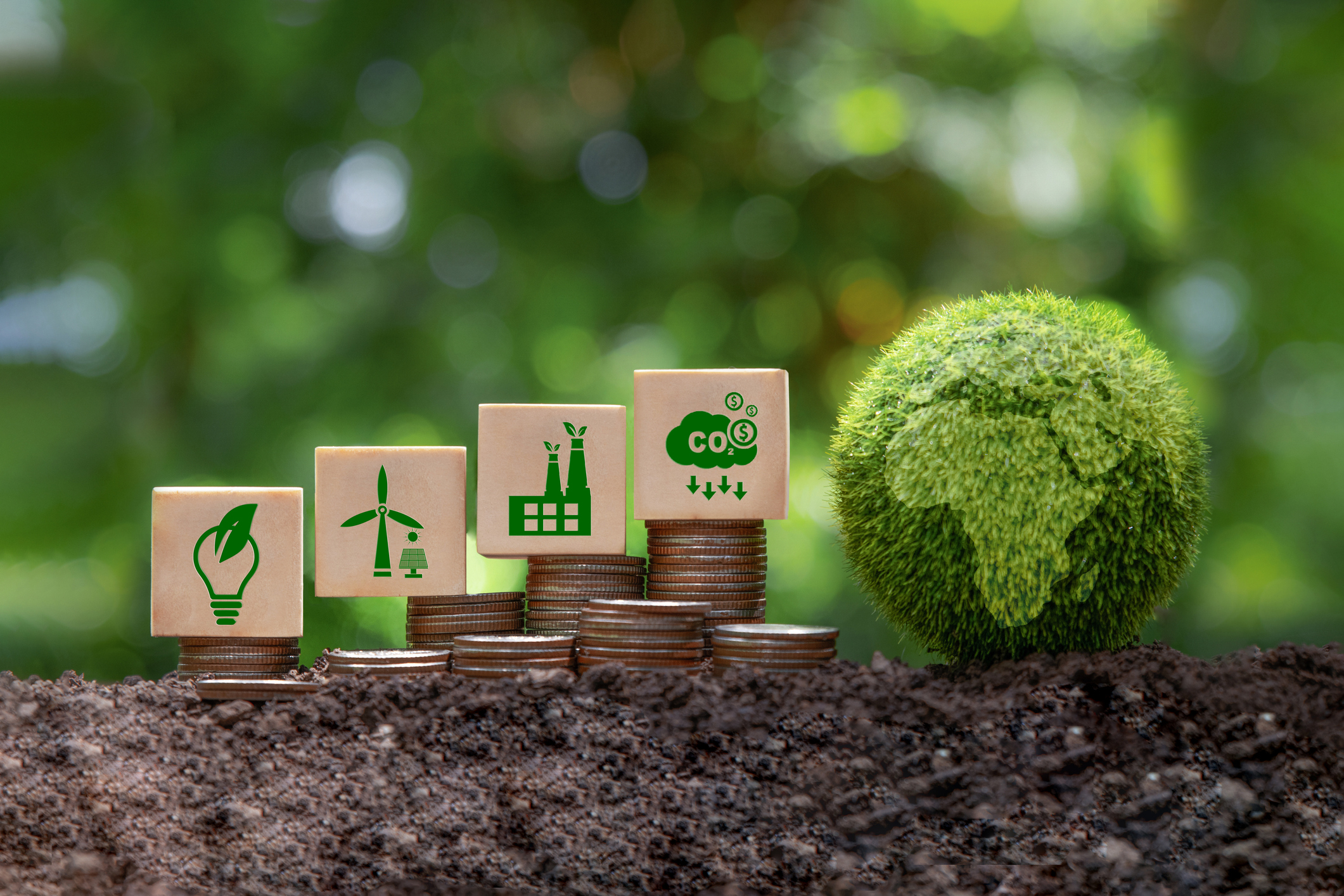
Sustainability in the baking industry is no longer optional—it’s a business necessity. More manufacturers are embracing environmental responsibility not just to meet regulations, but because it drives long-term value. For bakery leaders, sustainability has become a tool for building stronger brands, managing costs, and preparing for a more regulated future.
Recent research by Capgemini shows that 63% of executives agree there is a strong business case for sustainability—triple the number from the previous year. Over half say they will increase their sustainability investment, while only 14% plan to reduce it. The shift is being driven by more than corporate responsibility. Regulatory demands, changing customer expectations, and long-term revenue opportunities are all contributing to this momentum.
According to Rasma Zvaners, Vice President of Government Relations at the American Bakers Association (ABA), bakery companies are feeling increasing pressure to act. “Whether it’s packaging, emissions, or ingredient sourcing, our members know sustainability is front and center—and it’s not going away,” she said. “We need scalable, practical solutions, especially for those with national distribution.”
That need for scalability is complicated by inconsistent regulations. Several states have introduced packaging mandates that vary widely in scope. Zvaners points out that without federal standards, bakeries face a patchwork of compliance rules. “It’s not just about being compliant in one market—you have to think nationally,” she said. “That’s where smart investments in sustainability pay off.”
A Cypress Research report sponsored by Corbion and Baking & Snack magazine found that 78% of baking companies say environmental responsibility is important to their success. Larger bakeries, particularly those earning more than $100 million annually, are even more committed—with 83% citing corporate sustainability practices as critical to long-term viability.
Still, cost remains a concern, especially for small and mid-sized bakeries. Many are taking a phased approach, prioritizing initiatives based on customer demand, available funding, and evolving regulations. That’s a wise strategy, according to Brittany LaValley, VP of Material Advancement at The Recycling Partnership. “You don’t have to do everything at once,” she said. “Start with high-impact changes and build from there.”
To support bakeries in these efforts, The Recycling Partnership offers free tools to evaluate packaging materials and recyclability. One such resource, the Circular Packaging Assessment Tool—Recycle Check, helps companies understand if their packaging can be effectively collected, sorted, and reintroduced into the economy. “It’s not just about designing something that looks sustainable,” said LaValley. “It has to work in the real world—from the bakery to the curb to the recycling plant.”
Transparency is another key driver of successful sustainability strategy. Deloitte research shows that younger consumers are more likely to buy from brands that demonstrate environmental and social responsibility. Gen Z and Millennial shoppers are 27% more likely to purchase from sustainable brands and 30% more likely to spend more when they trust a brand’s values.
That trust is built through clear, consistent communication. Sharing sustainability goals and progress openly—on packaging, websites, and social media—helps build stronger relationships with customers. “It’s not about being perfect,” said Zvaners. “It’s about being honest and showing that your bakery is working toward something better.”
Partnerships with innovative suppliers also play a major role in bakery sustainability strategies. Companies like Kwik Lok are helping bakeries meet their goals through better packaging materials. Known for their iconic bag closures, Kwik Lok now offers sustainable alternatives like Enviro-Lok and Fibre-Lok.
Enviro-Lok is a polypropylene closure that uses 34% less plastic than standard options. It’s durable, recyclable, and made with less water and fewer carbon emissions. For bakeries seeking plastic-free options, Fibre-Lok is made from recycled paperboard and contains no plastic at all—while still maintaining the performance bakers expect.
“At Kwik Lok, we believe even small components like closures can have a big impact,” said Viktoria Pakhnyuk, Sustainable Product Development Manager at Kwik Lok. “Our customers in the baking industry are asking for smarter options, and we’re delivering solutions that reduce environmental footprint without compromising functionality.”
Sustainable packaging can also influence purchasing decisions. As bakeries increasingly sell through retailers who require eco-friendly options, having recyclable or compostable packaging is not just a “nice to have”—it’s a sales enabler.
The benefits of sustainability investments extend beyond compliance and customer loyalty. Bakeries also gain operational efficiencies. Switching to energy-efficient equipment, streamlining supply chains, and reducing food and material waste all contribute to the bottom line. These improvements can often offset the initial costs of sustainability initiatives over time.
Ultimately, baking manufacturers who lead on sustainability are positioning themselves for long-term success. They are aligning with regulators, connecting with modern consumers, and optimizing their operations for the future.
“Sustainability isn’t just an expense—it’s a strategic move,” said Zvaners. “It’s about protecting your business, your brand, and the communities you serve.”
As sustainability becomes the standard, not the exception, bakeries have an opportunity to lead the way. Starting with smart packaging decisions and supported by partners like Kwik Lok, even modest changes today can create a more resilient business tomorrow.
To learn more about how Kwik Lok can support your bakery’s sustainability journey, visit www.KwikLok.com

